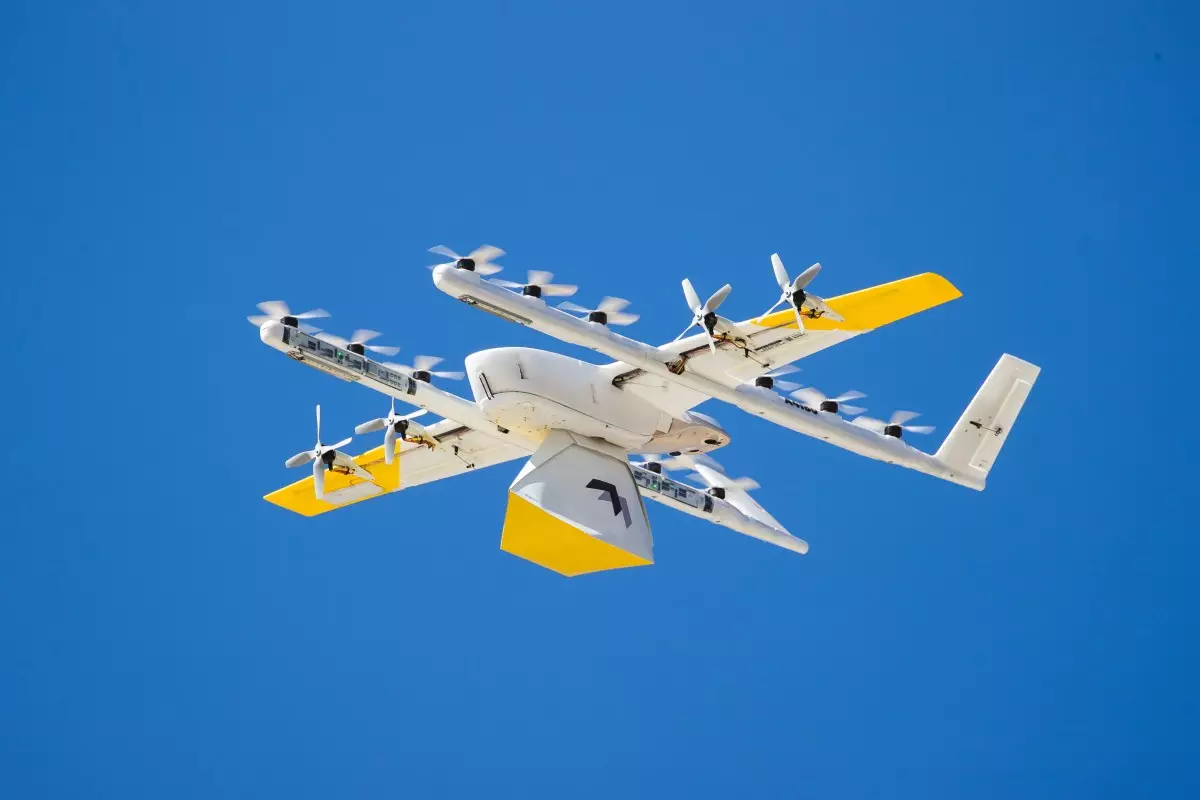A groundbreaking initiative launched in the U.K. is set to transform how urgent medical supplies are transported within city limits. A collaboration involving the innovative startup Apian, Alphabet’s drone subsidiary Wing, and the National Health Service (NHS) aims to address critical healthcare logistics by deploying drones for the swift delivery of blood samples between hospitals in London. As healthcare systems strive for higher efficiency, this pilot program is a promising step towards integrating advanced technology into everyday medical practices.
The objective of the six-month pilot is to expedite the transit of crucial blood samples needed for surgery patients who are particularly susceptible to complications from bleeding disorders. Traditionally, these samples were transported by road, with delivery times averaging over 30 minutes. With the implementation of drone technology, these critical deliveries could potentially be completed in less than two minutes. This reduction in wait time could significantly impact patient outcomes, allowing healthcare providers to respond more rapidly to patient needs and emergencies.
Beyond speed, the environmental implications of this initiative are noteworthy. The NHS aims to significantly cut down on CO2 emissions associated with blood transport, as drone usage eliminates the necessity for conventional delivery vehicles—both electric and gas-powered. This aspect of the trial aligns with growing global concerns about sustainability in healthcare. By adopting drone technology, the NHS is not only addressing immediate healthcare challenges but also contributing to broader environmental goals.
Previous trials conducted by the NHS in various regions of the U.K. lend credibility to this initiative. They found no significant discrepancies between blood samples transported via drone and those delivered by traditional means. This evidence supports the notion that drones can safely and effectively enhance logistics in healthcare delivery, laying the groundwork for broader applications of this technology across the medical field.
Dr. Hammad Jeilani, co-founder of Apian, has emphasized the potential for drones to enhance healthcare logistics. He advocates that these flying machines could make medical responses more efficient, ultimately improving the quality of care provided to patients. Jeilani, whose family has a personal history with displacement, underscores a mission rooted in bettering healthcare services through innovative solutions. His vision of a drone delivery network encapsulates not only efficiency but also a commitment to a higher standard of patient care.
A Glimpse Into the Future
As the pilot project unfolds, its outcomes could herald a new era of medical logistics within the U.K. The immediate success may spur similar initiatives in other cities, expanding the concept of on-demand and automated deliveries in the healthcare industry. Additionally, there are plans for future trials focusing on the transportation of blood platelets, showcasing a commitment to refining and expanding the application of drone technology.
This drone initiative represents a critical intersection of technology, healthcare, and sustainability. By breaking down barriers in medical logistics, the NHS and its partners are not just innovating for innovation’s sake but are paving the way for a more responsive, efficient, and environmentally friendly healthcare system.

